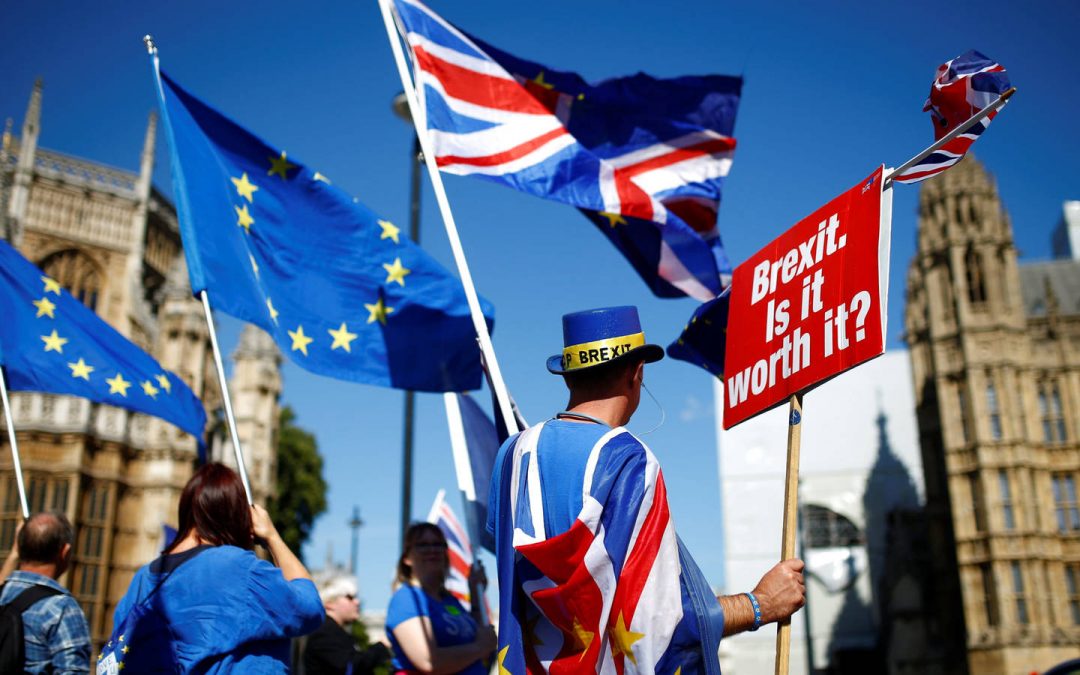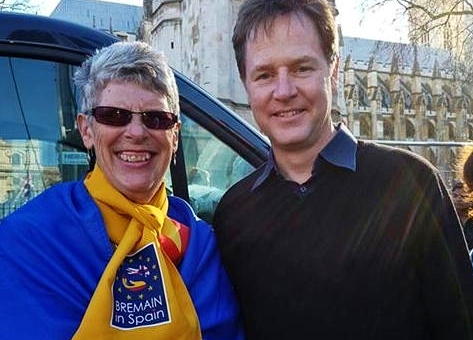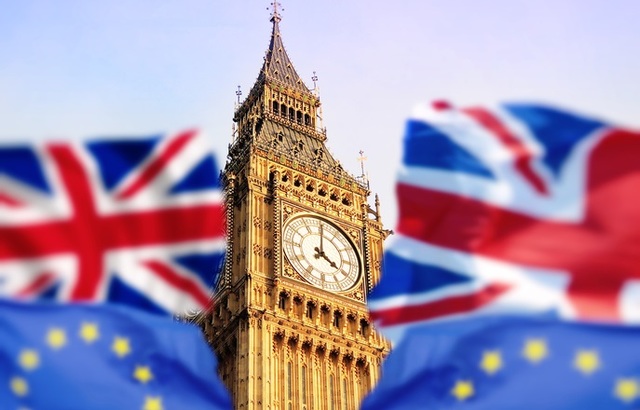 I’ve always enjoyed celebrating the New Year – a time to reflect on the previous 12 months, good and bad, and to look forward to a new beginning, a fresh start.
I’ve always enjoyed celebrating the New Year – a time to reflect on the previous 12 months, good and bad, and to look forward to a new beginning, a fresh start.
A time for optimism and hope, both ingredients that have been difficult to find on the Brexit menu, especially for us Brits living in the EU and EU citizens living in the UK.
Over the last year, so much has changed, with unpredictable events and surprising twists and turns along the way. Deadlines and Cabinet ministers came and went, but despite everything, Prime Minister Theresa May did have one major success. She actually managed to get everyone to agree on something – everyone hates her ‘deal’.
After many months of wrangling, May came back with the best deal possible from the European Union, bearing in mind her self-imposed red lines. Thanks to May’s ridiculous insistence on restricting freedom of movement, she had left no room for manoeuvre. The EU, naturally, stuck together to protect all their members and the integrity of the single market.
Throughout the entire negotiation period, the Conservative party, and the Brexiteers in particular, clung to their fantasy that the UK would be treated exactly the same as we are now. Even the production of the government’s own assessment papers, revealing the damage that even the softest Brexit would cause, barely altered the rhetoric. Britain would be ‘Great’ again, Britain would strike up new trade deals around the world, Britain could stand alone!
Read Sue Wilson’s full article in Impakter









